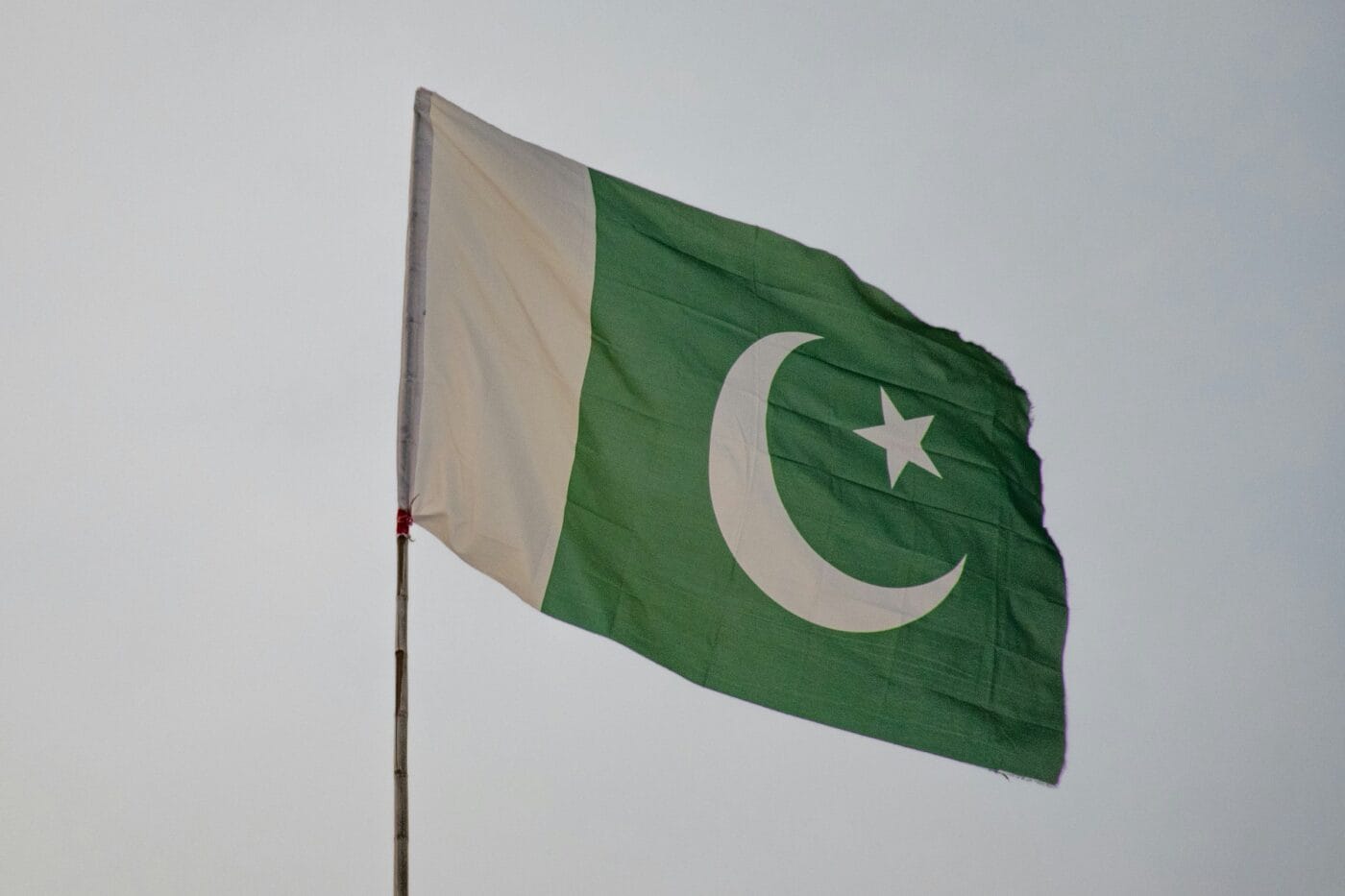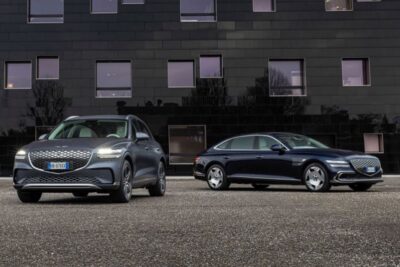Pakistan rolls out new EV policy with about 30 mn euros in subsidies
Pakistan aims to convert 30% of all new vehicle sales to electric models by 2030, Haroon Akhtar Khan, the Special Assistant to the Prime Minister on Industries and Production, stated during the press conference on the new EV policy. “This policy is not merely a statement of intent — it is the blueprint for Pakistan’s clean energy revolution,” he said.
Initially, in the next financial year, Pakistan plans to allocate nine billion rupees (approx. 28 million euros) in EV subsidies. The government says this amount will cover 116,053 electric motorcycles and 3,171 electric rickshaws, but it has yet to reveal the quota for electric cars. It will provide a subsidy of 65,000 rupees (approx. 200 euros) for electric two-wheelers, 400,000 rupees (approx. 1,200 euros) for electric three-wheelers, and 15,000 rupees (approx. 50 euros) per kilowatt-hour for four-wheelers. Additionally, it will offer free registration for eligible electric vehicles.
In addition to subsidising electric vehicles, Pakistan is working on improving the charging infrastructure. It plans to set up 40 new charging stations roughly every 105 kilometres along highways, part of its target of establishing 3,000 charging stations nationwide by 2030. Moreover, the government plans to introduce battery-swapping systems and vehicle-to-grid (V2G) schemes and make charging points compulsory in new buildings as part of the new EV policy.
Khan said Pakistan is providing incentives to manufacturers to push localisation and expects them to achieve more than 90% localisation for electric two- and three-wheelers within three years. The government estimates the new step forward in sustainability will help reduce 2.07 billion litres of fuel imports annually, translating to almost one billion dollars (approx. 868 million euros) in foreign exchange savings.
According to a report from Arab News, Pakistan currently has approximately 70,000 electric motorcycles, 5,200 electric cars, and 450 electric buses. With the further penetration of EVs after launching the new EV policy, Khan expects the country to lower carbon emissions by 4.5 million tonnes and reduce healthcare-related costs by 405 million dollars (approx. 351 million euros) annually.





0 Comments